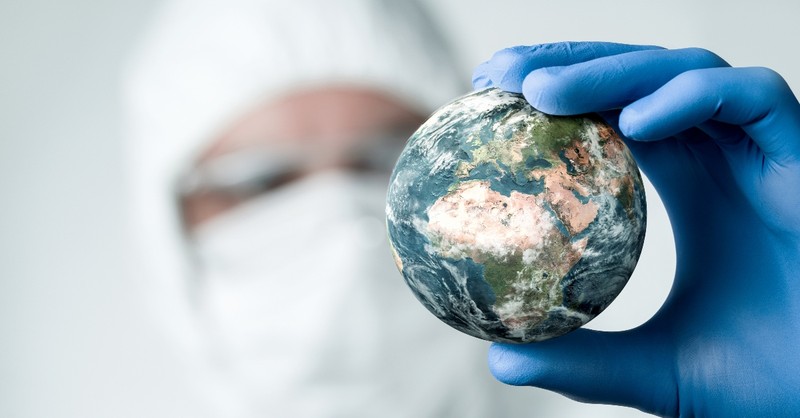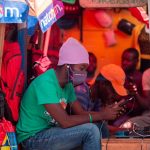As the official U.S. death toll surpassed 10,000 — standing at 10,530, including 4,758 in New York — Surgeon General Jerome M. Adams warned that this will be “the hardest and saddest week of most Americans’ lives.”
Meantime, British Prime Minister Boris Johnson, sick with covid-19 and suffering from a persistent cough and fever, was moved to intensive care after his condition worsened on Monday afternoon. Elsewhere, Israeli Prime Minister Benjamin Netanyahu has been under quarantine since last week, and Sen. Mitt Romney (R-Utah) has reunited with his wife, Ann, after two weeks of self-quarantine.
Here are some significant developments:
- New York, the nation’s coronavirus epicenter, might be experiencing a “flattening of the curve,” Gov. Andrew M. Cuomo (D) said. The state reported 599 new deaths, on par with Sunday’s death count of 594 and down from 630 on Saturday.
- New York City Mayor Bill de Blasio said that, due to the hundreds of people dying daily from the novel coronavirus, officials may resort to “temporary burials” to deal with the strain placed on mortuary services and funeral homes. The mayor said the city was prepared to bury covid-19 victims where they could later be tracked and removed for burial elsewhere once the crisis has passed.
- In an effort to mitigate the spread of the novel coronavirus, the U.S. Army announced that it has temporarily suspended sending recruits to basic combat training. The two-week stop goes into effect immediately.
U.S. and global stock markets soared as investors took in overseas progress against the coronavirus. The Dow Jones industrial average jumped more than 900 points, or 4 percent, at the opening bell Monday. The Standard & Poor’s 500-stock index and the Nasdaq composite index also moved steeply higher.
Canada’s top doctor cited new evidence and recommended wearing “non-medical” masks outside the home. Governments around the world are shifting their guidance, with many now recommending or requiring the general population wear facial coverings when leaving the house. Previously, they’d been recommended only for the ill or those giving care.




Leave a Reply